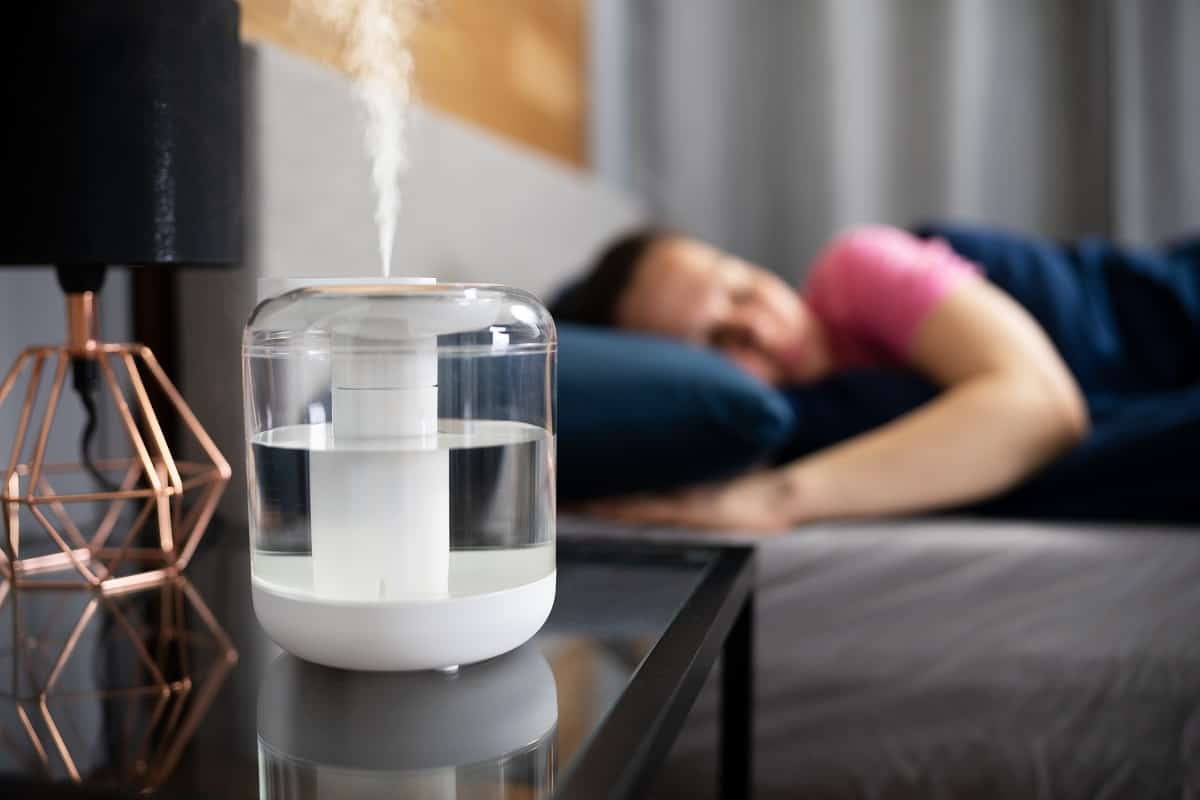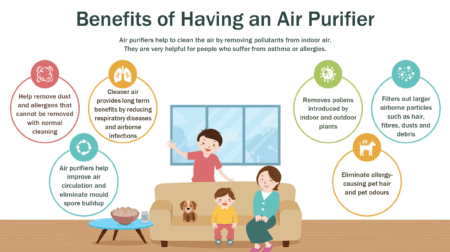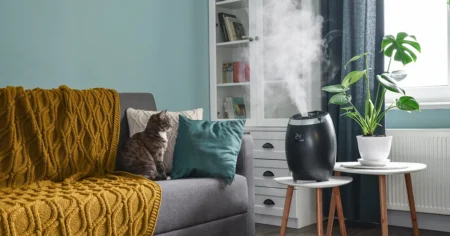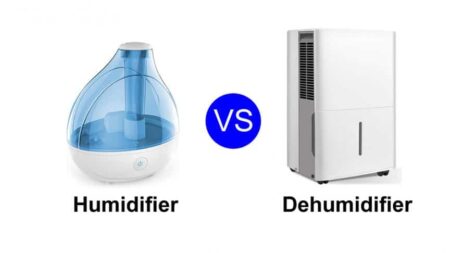

Humidifiers for Better Sleep: Enhancing Comfort and Health in Your Bedroom
Discover how humidifiers can improve your sleep by enhancing comfort and promoting better health in your bedroom. Explore the benefits, considerations, and tips for using humidifiers to create an optimal sleep environment.
Introduction:
Achieving a good night’s sleep is essential for our overall well-being. However, various factors can disrupt our dreams, including dry air in our bedrooms. This is where humidifiers come in. In this article, we will explore how humidifiers can enhance comfort and promote better health in your bedroom, allowing you to enjoy a restful and rejuvenating sleep.
The Importance of Humidity for Sleep:
Humidity levels play a vital role in creating a comfortable sleep environment. Dry air can lead to dry skin, irritated nasal passages, congestion, and even snoring. By using a humidifier, you can add moisture to the air, improving your rest quality and overall comfort.
Benefits of Humidifiers for Sleep:
- Relieves Dryness: Humidifiers add moisture to the air, preventing dryness that can cause discomfort, itching, and irritation during sleep. This is particularly beneficial for individuals with dry skin or respiratory conditions.
- Reduces Congestion: Dry air can aggravate nasal congestion and make breathing difficult, leading to disrupted rest. Humidifiers help to keep nasal passages moist, relieving congestion and promoting clear breathing.
- Alleviates Snoring: Snoring is often linked to dry air and nasal congestion. By using a humidifier to maintain optimal humidity levels, you can reduce snoring and enjoy a more peaceful rest for both yourself and your partner.
Choosing the Right Humidifier:
- Room Size: Consider the size of your bedroom when selecting a humidifier. Different models have varying coverage capacities, so choose one that can effectively humidify the entire room.
- Type of Humidifier: There are different types of humidifiers available, including cool mist, warm mist, evaporative, and ultrasonic. Each type has its advantages and considerations, so choose the one that best suits your preferences and needs.
- Noise Level: Some humidifiers produce noise during operation, which can disrupt your rest. Look for models with quiet operation or adjustable fan speeds to ensure a peaceful sleep environment.
Humidifier Maintenance and Safety Tips:
- Regular Cleaning: Proper maintenance is crucial to ensure the optimal performance of your humidifier. Clean and disinfect it regularly according to the manufacturer’s instructions to prevent the growth of mold or bacteria.
- Use Distilled Water: Using distilled or filtered water can minimize the accumulation of mineral deposits and prevent white dust in your bedroom. This is particularly important if you have hard water.
- Monitor Humidity Levels: Invest in a hygrometer to monitor the humidity levels in your bedroom. The ideal range for night rest is generally between 40% to 60% relative humidity.
Conclusion:
Humidifiers play a significant role in enhancing sleep quality by providing a comfortable and healthy rest environment. With their ability to alleviate dryness, reduce congestion, and alleviate snoring, humidifiers can make a noticeable difference in your sleep routine. By choosing the right humidifier, practicing proper maintenance, and monitoring humidity levels, you can create an optimal sleep environment that promotes better sleep and overall well-being.










